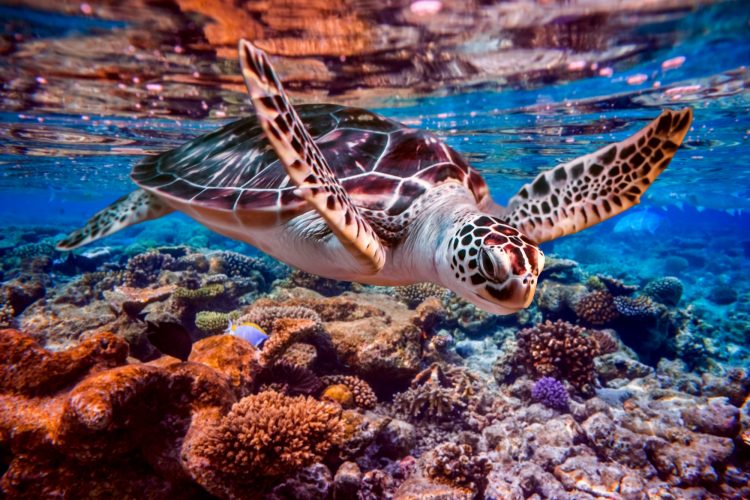Turtles Lay How Many Eggs? (Where & How Frequently)
Turtles, like other reptiles, reproduce by laying eggs in clusters referred to as clutches. Turtles lay between six and ten clutches of eggs on average.
The specific number of eggs laid by each turtle, on the other hand, is dependent on a variety of factors, one of which is the species.

Turtles of larger size lay a greater number of eggs than turtles of smaller size. Turtles of all species dig nests on land, regardless of their habitat.
Turtles Lay How Many Eggs?
The following table summarizes the number of eggs laid by each type of turtle:
1. . Snapping Turtles
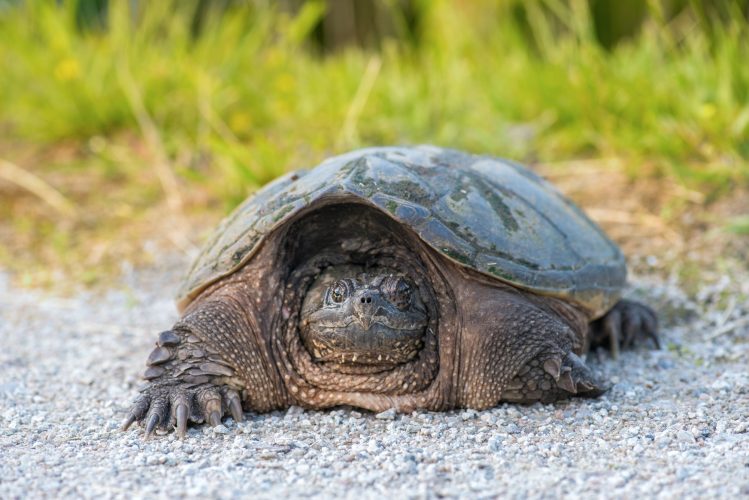
Each season, Snapping Turtles lay between 25 and 30 eggs in a clutch.
Female snapping turtles lay their eggs on sandy areas or alongside roadsides, and then return to their nest to see if their eggs have hatched.

Their eggs hatch between late August and early September, though a large proportion of them are lost to predators such as raccoons and foxes.
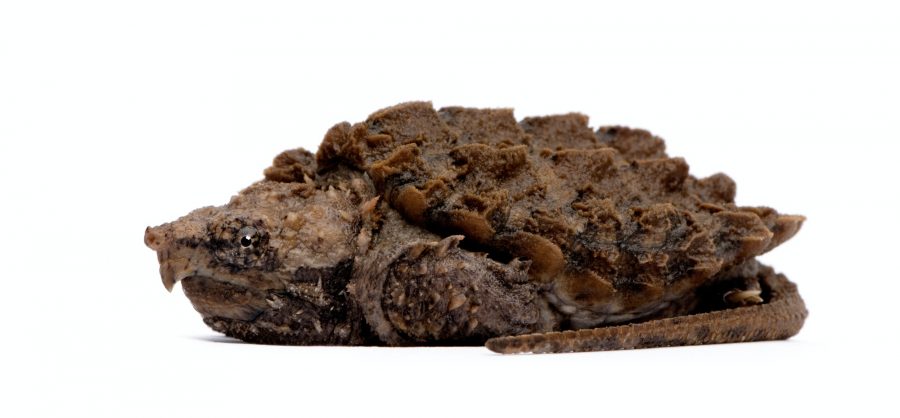
The snapping turtle, which is native to North America and New England, was named for its aggressive nature and proclivity to bite. This is a defense mechanism, as they lack the ability to retract their heads into their shells and defend themselves with their powerful jaws.
2. Sea Turtles

Sea turtles, also called marine turtles, are believed to have existed since the dinosaur era. Seven sea turtle species are believed to exist: leatherback, green turtle, hawksbill, loggerhead, olive ridley, kemp’s ridley, and flat back sea turtles.

With the exception of a few species, such as the Hawaiian green turtle and adult females, sea turtles spend the majority of their lives in the ocean, where they feed. Female turtles leave the land during breeding to incubate and nest their eggs.
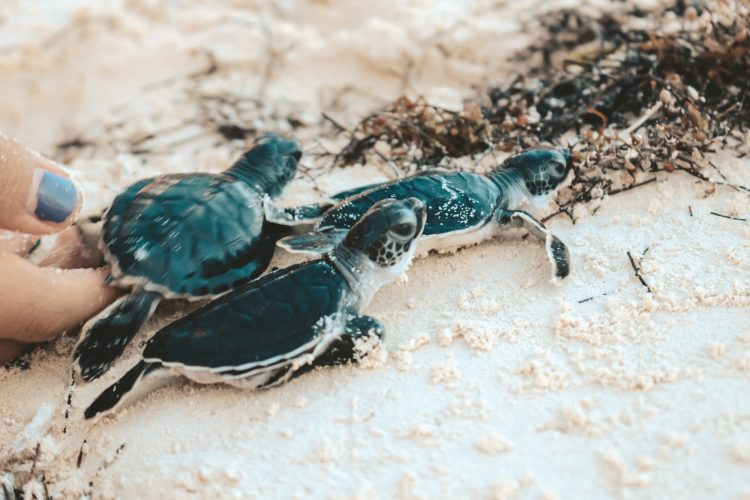
Each season, sea turtles lay 110 eggs in two to eight clutches.
3. Box Turtles
A box turtle typically has one clutch per year, containing between two and eight eggs.
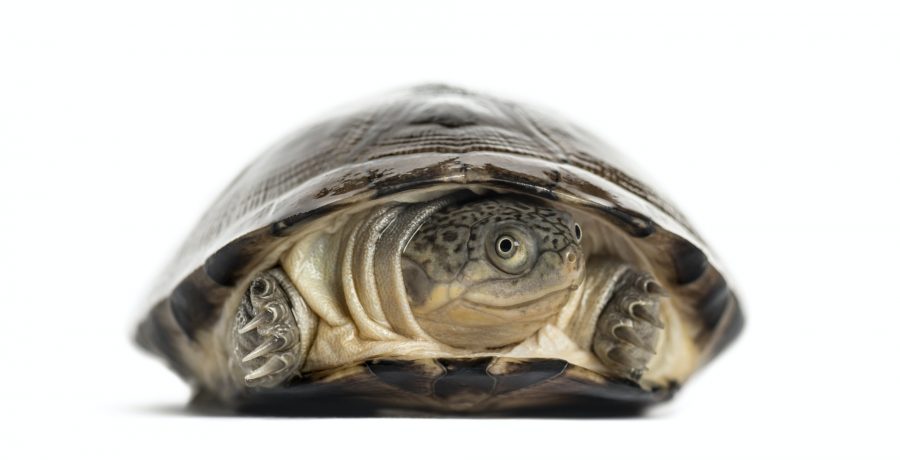
As with other turtle species, the temperature of the nest determines the sex of the hatchlings; warmer nests produce females, while cooler nests produce males.
Female box turtles nest between May and July, immediately following the mating season, which lasts from April to October.
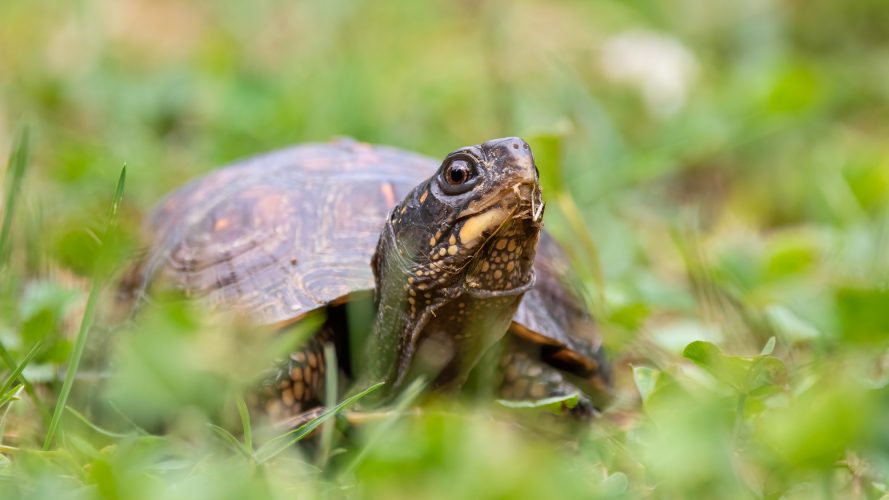
Typically, the female will dig a nest a few inches beneath the surface of the soil. Incubation takes approximately three months, depending on the temperature and moisture content of the soil.
4. Painted Turtles

Female turtles migrate to the land surface following mating and begin nesting, usually in sand or mud but close to a body of water.
Female painted turtles lay between two and five clutches of eggs per year and then abandon the clutch after covering it with a light layer of dirt.
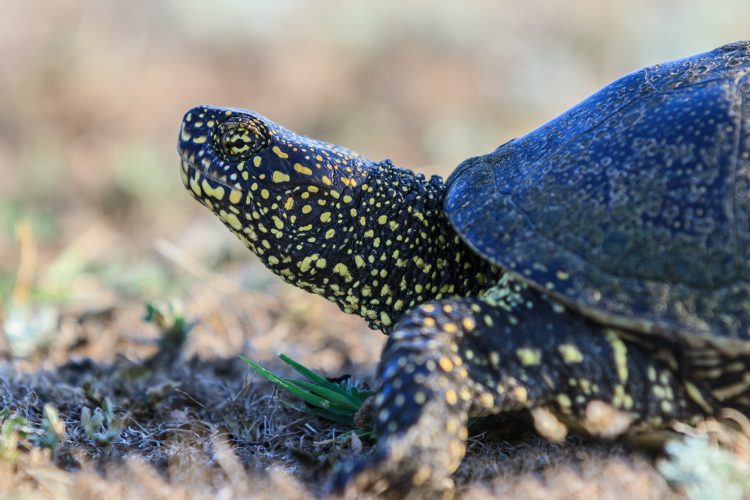
Turtle hatchlings typically take approximately 80 days to incubate before heading to the water if the weather conditions are favorable.
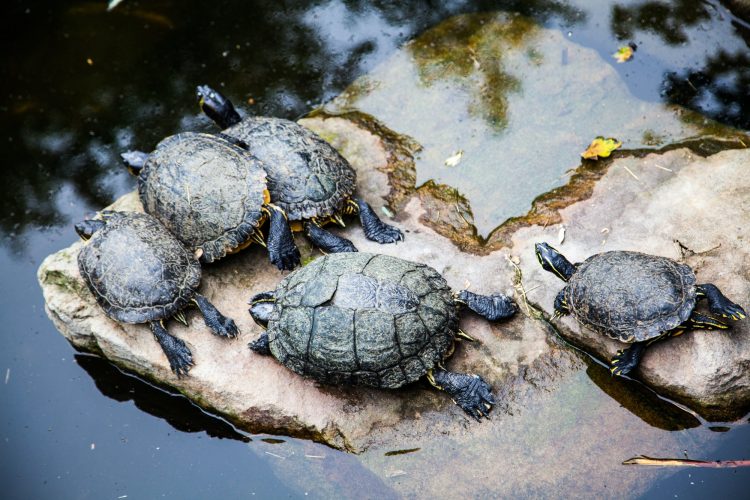
The painted turtle is indigenous to North America and is frequently found in freshwater bodies with thick mud bottoms.
5. . Freshwater Turtles
In a single season, freshwater turtles can lay up to 200 eggs.
Female freshwater turtles dig their nests along riverbanks or in areas adjacent to swamps and ponds.
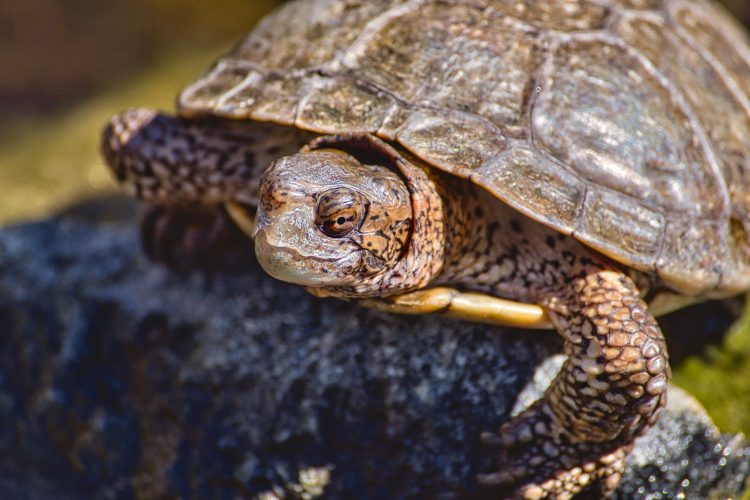
These turtles are frequently kept as pets and can be found in lakes, swamps, and riverbeds.
The painted turtle, the African aquatic side neck turtle, the razor-backed musk turtle, the spotted and pig-nosed turtle are all examples of freshwater turtles.

